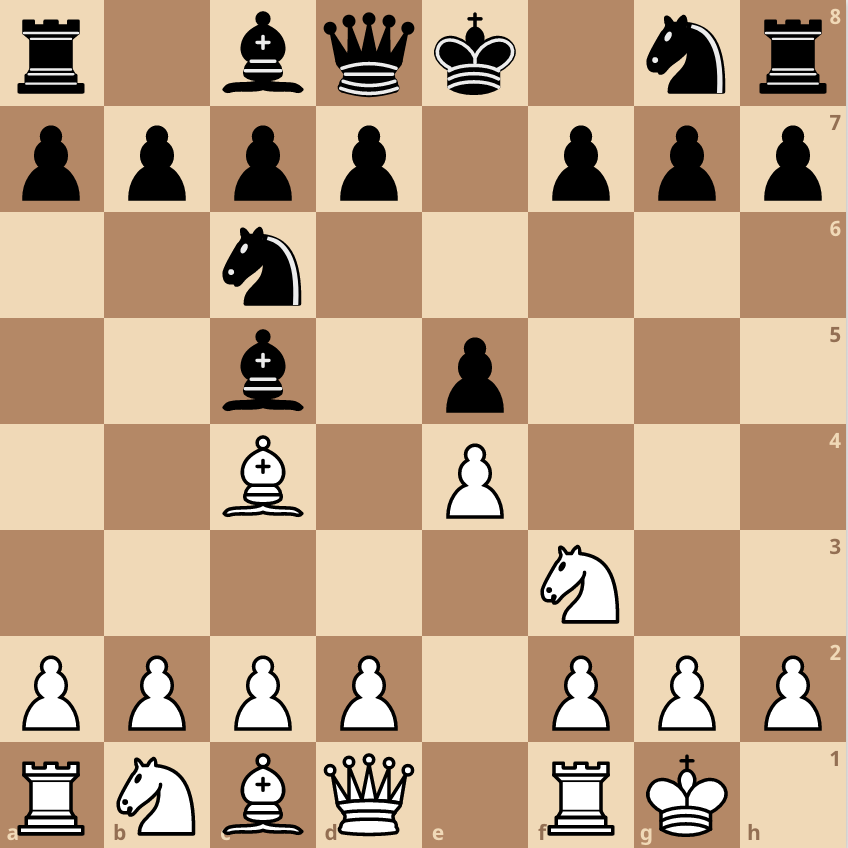


The rule applies also when the weaker player has other pieces besides the kingĬonsider the situation when white has a king and two bishops, and black has a king and one bishop. This is 50 moves for white, and 50 moves for black.
#King moves in chess how to
This rule was made to prevent players who do not know how to win from having the game continue foreverĩ.3 The game is drawn, upon a correct claim by a player having the move, if:ĩ.3.1 he writes his move, which cannot be changed, on his scoresheet and declares to the arbiter his intention to make this move which will result in the last 50 moves by each player having been made without the movement of any pawn and without any capture, orĩ.3.2 the last 50 moves by each player have been completed without the movement of any pawn and without any capture. Theoretically, this is a position that is won for white, but many players do not know (or have forgotton) how to win from this position. If your opponent has not checkmated you before those moves get used up, you may claim a draw and end the game.Īt a certain step in chess education, people learn how to win this position when they are white, but several players do not know how to win here, and keep moving the rook to and fro without actually mating the opponent. In that case, the 50 moves rule will set a fixed cap on how many moves are left in the game. If there are also no pawns left in the game, then it's very likely that no future moves will reset the countdown from the last capture or pawn move. This is because that player has no pawns to move and no pieces left to be captured, and the bare king is going to have fewer opportunities to capture enemy pieces. If each player makes 50 moves without moving a pawn or capturing a piece, the next player to move may claim a draw.Īlthough this rule does not start its countdown when a king is bared, it becomes more of a going concern when a player has been reduced to a bare king.

But it does have a rule that limits the number of moves allowed during the endgame. Chess has no rule that sets a specific limit on how many moves your opponent has to checkmate you after you are down to just a king. Rules of Chess: The 50 Moves Rule If the king is your last piece, is there a number of moves that the opponent has to checkmate you?


 0 kommentar(er)
0 kommentar(er)
